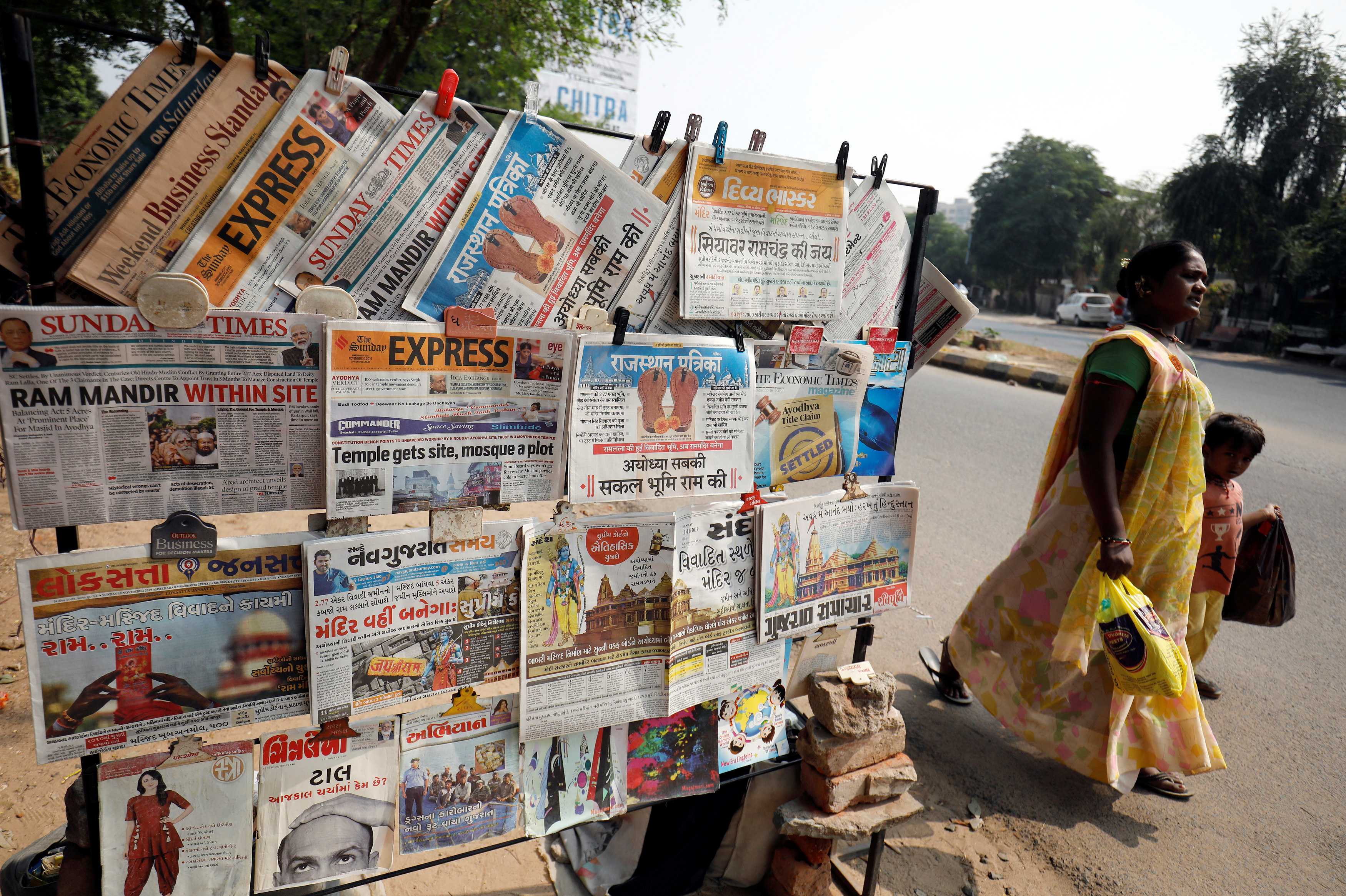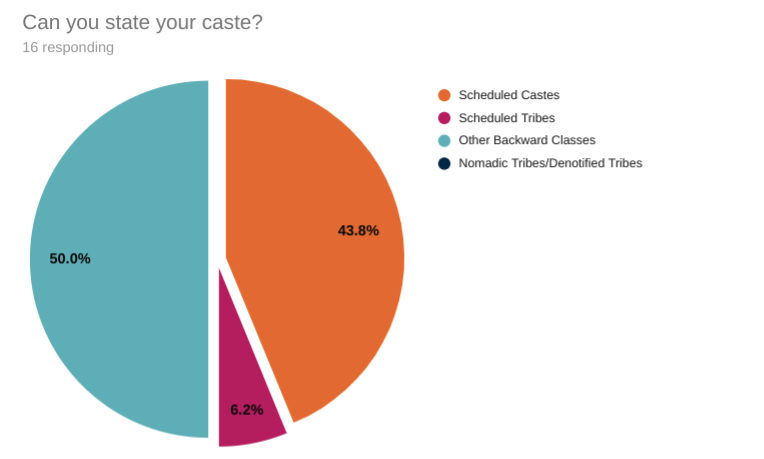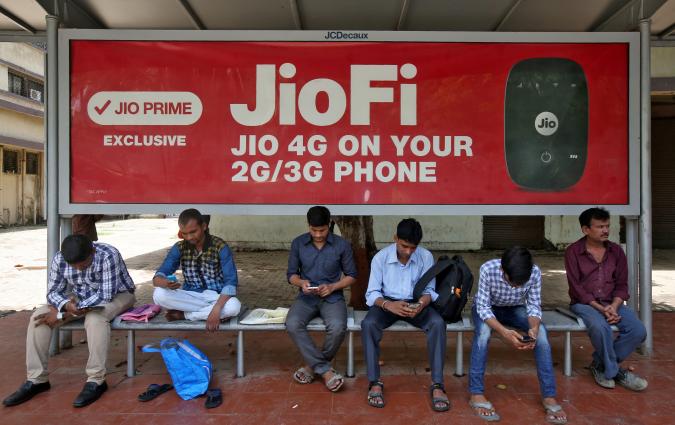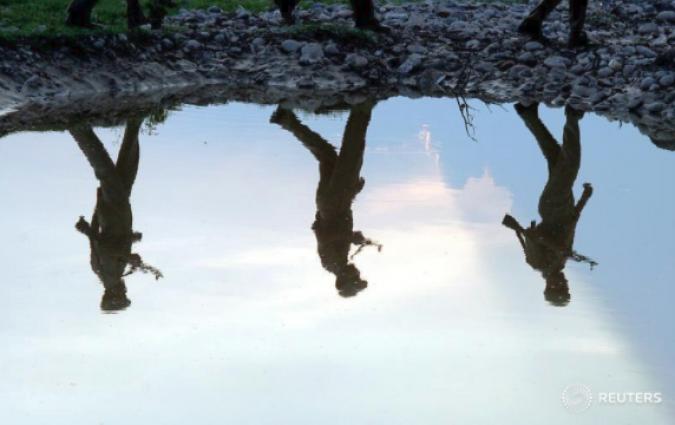In this piece
Caste is not dead: Survey reveals isolation of Bahujan journalists

A woman with her son walks past newspapers hanging at a stall with the headlines about Supreme Court's verdict on a disputed religious site in Ayodhya, in Ahmedabad, India, November 10, 2019. REUTERS/Amit Dave
In this piece
White people may be over-represented in newsrooms in the United Kingdom and United States, but their numbers pale in comparison to the dominance of Brahmins in Indian newsrooms.
The population of Brahmins – the topmost caste group in India’s hierarchical caste system – accounts for less than 4% of the total population, but their representation in English and Indian language media when combined with other higher castes is reported as high as 88% of all journalists and editors.
Why do newsrooms in India, especially English news media, remain dominated by Brahmins and other upper castes?
Oxfam India, in partnership with media watchdog Newslaundry, released a report in 2019 titled ‘Who Tells Our Stories Matters: Representation of Marginalised Caste Groups in Indian Newsrooms’ containing the results of a sample survey looking at English and Hindi news industries. The findings were damning.
Their key findings:
- Of the 121 newsroom leadership positions—editor-in-chief, managing editor, executive editor, bureau chief, input/output editor—across the newspapers, TV news channels, news websites, and magazines under study, 106 were occupied by upper castes.
- Three out of every four TV debate anchors – from a total of 40 anchors in Hindi channels and 47 in English channels – were upper caste. Not one was Dalit, Adivasi, or Other Backward Classes (a term used in India [OBC] to refer to a person belonging to the administrative category drawn primarily from group [b] mentioned above).
- Only 5% of all articles in English newspapers were written by Dalits or Adivasis. Hindi newspapers fare slightly better at around 10%.
- Around 72% of bylined articles on news websites were written by people from the upper castes.
To better understand the experiences of Bahujan journalists in Indian newsrooms, I surveyed 16 of them about their experiences at work. I found anecdotes of isolation, exclusion from discussions of the news agenda, assumptions about what stories they could or should be assigned.

Below are the detailed results of this survey and my recommendations for overhauling Indian newsrooms to better serve the entire nation.




